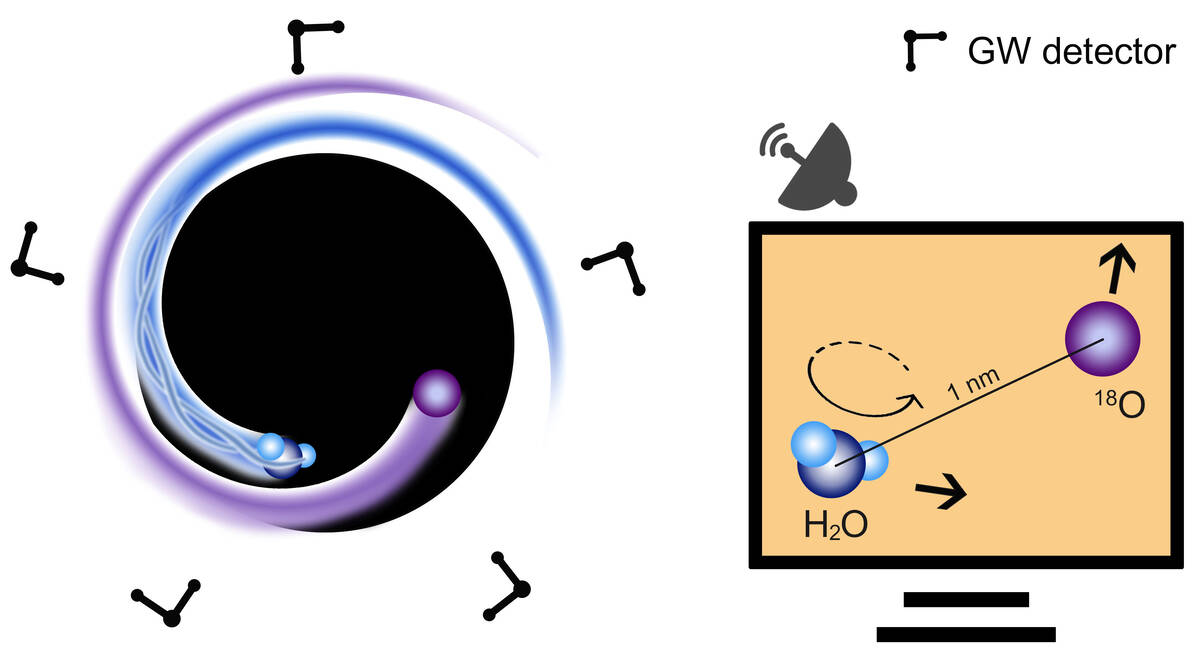The black hole information paradox is one of the most puzzling paradoxes in physics. Black holes trap everything that falls into them, while their mass may leak away through purely thermal Hawking radiation. When a black hole vanishes, all the information locked inside, if any, is just lost, thus challenging the principles of quantum mechanics. However, some information does have a way to escape from inside the black hole, that is, through gravitational waves. Here, a concise extension of this notion is introduced. When a black hole swallows something, whether it is a smaller black hole or an atom, the system emits gravitational waves carrying the information about the “food”. Although most of the signals are too weak to be detected, the information encoded within them will persist in the universe. This speculation provides an explanation for a large part, if not all, of the supposed “information loss” in black holes, and thus reconciles the predictions of general relativity and quantum mechanics.

